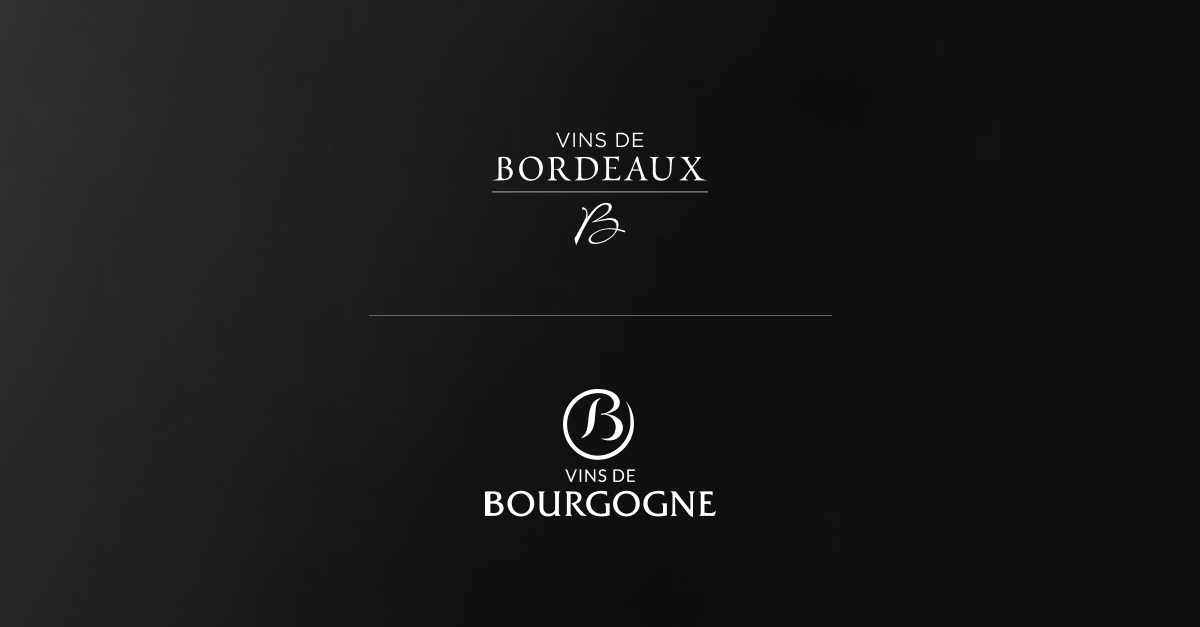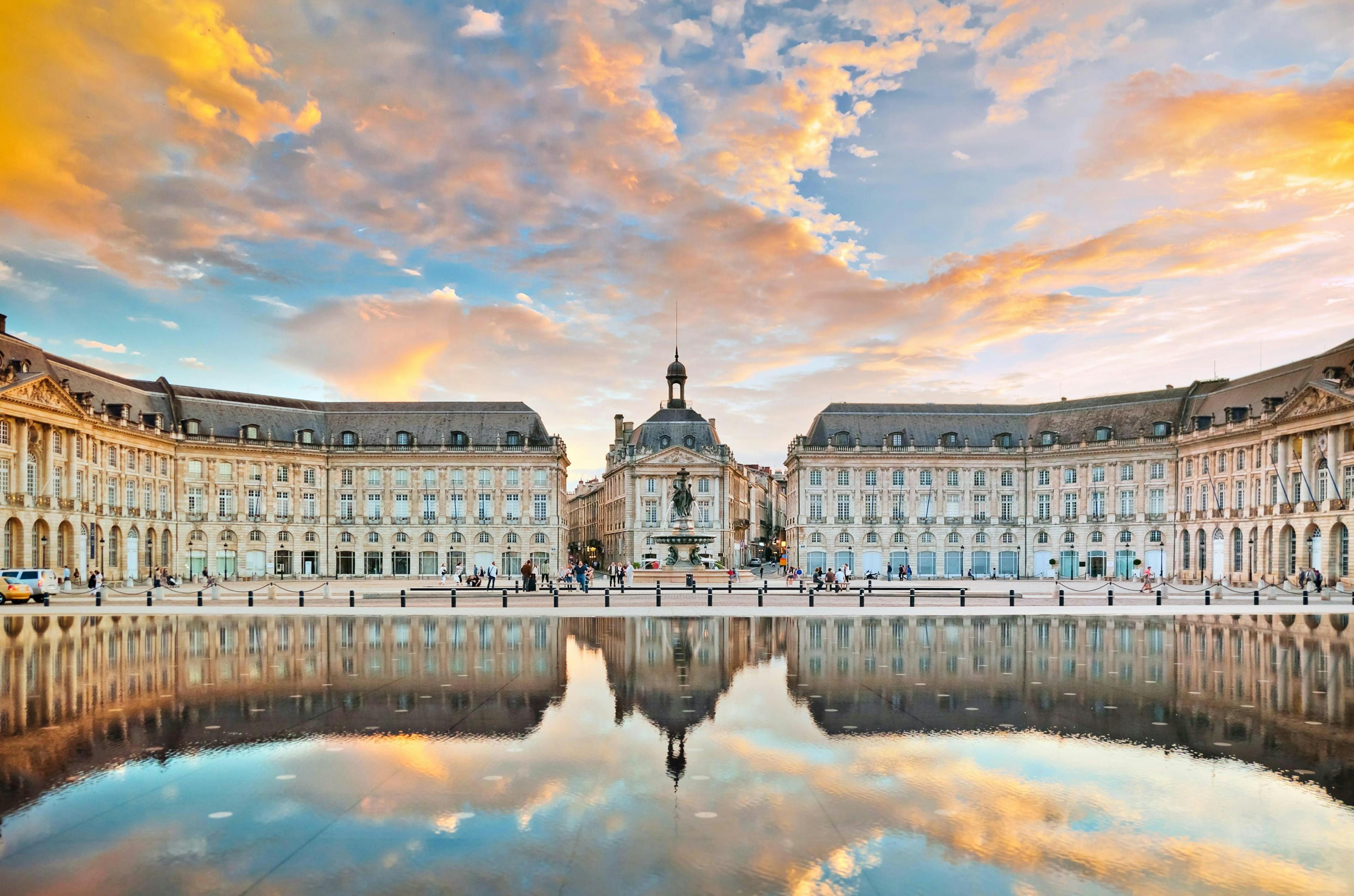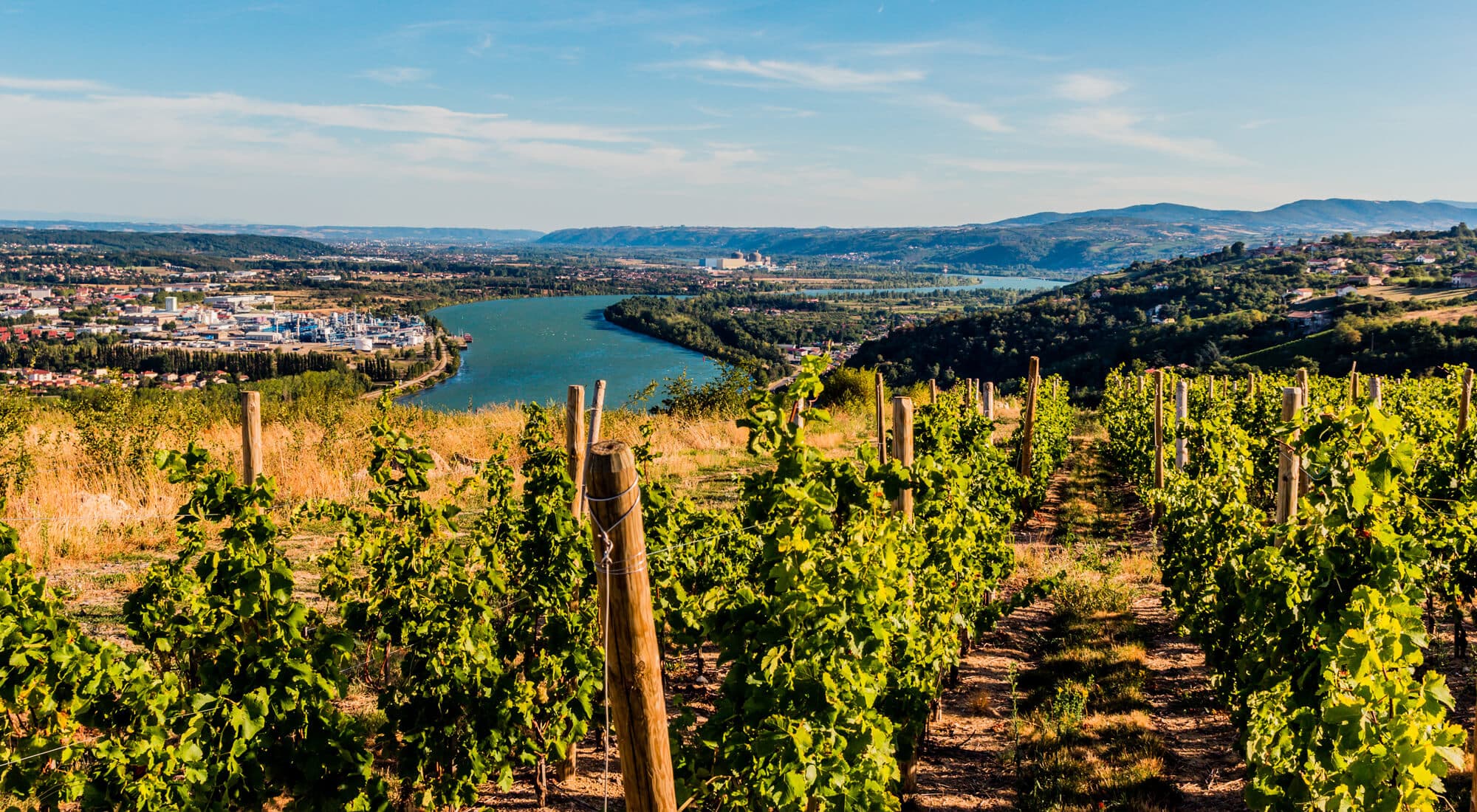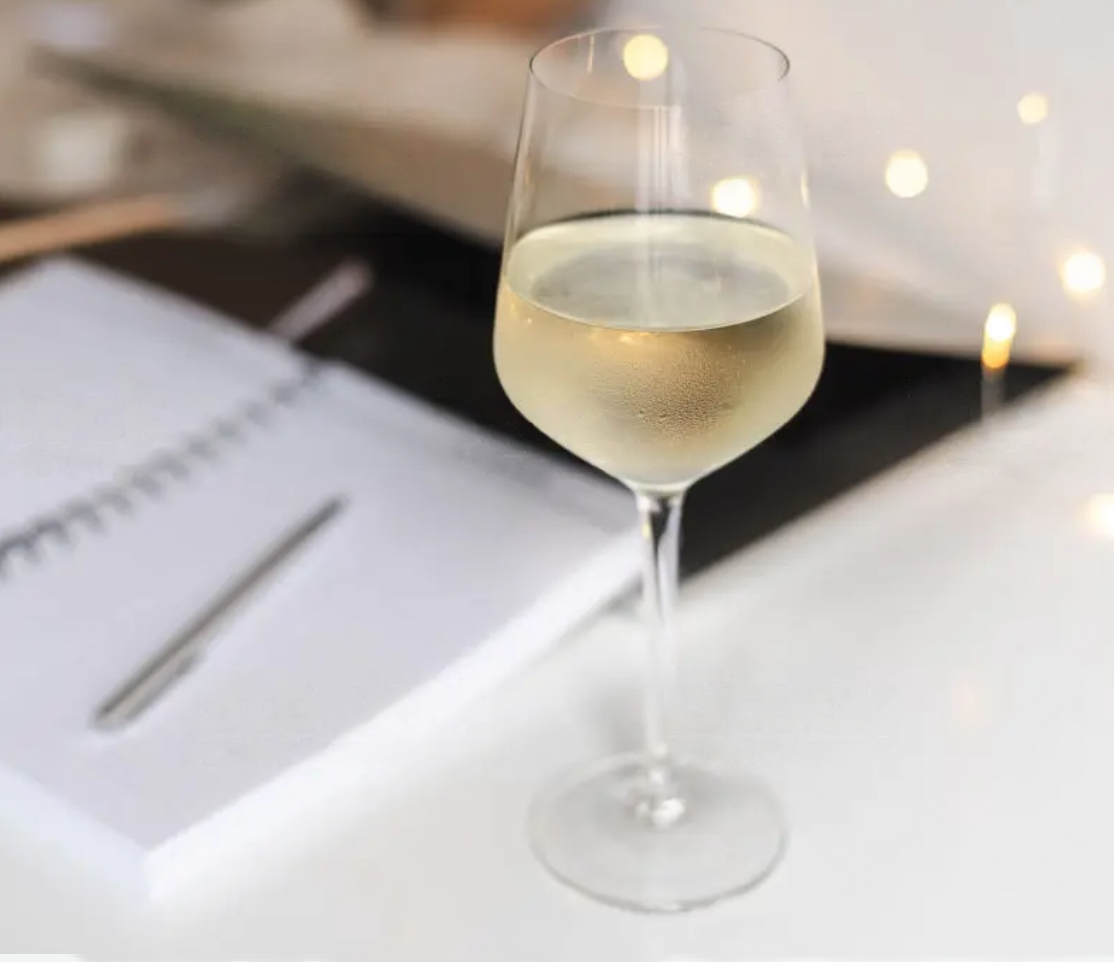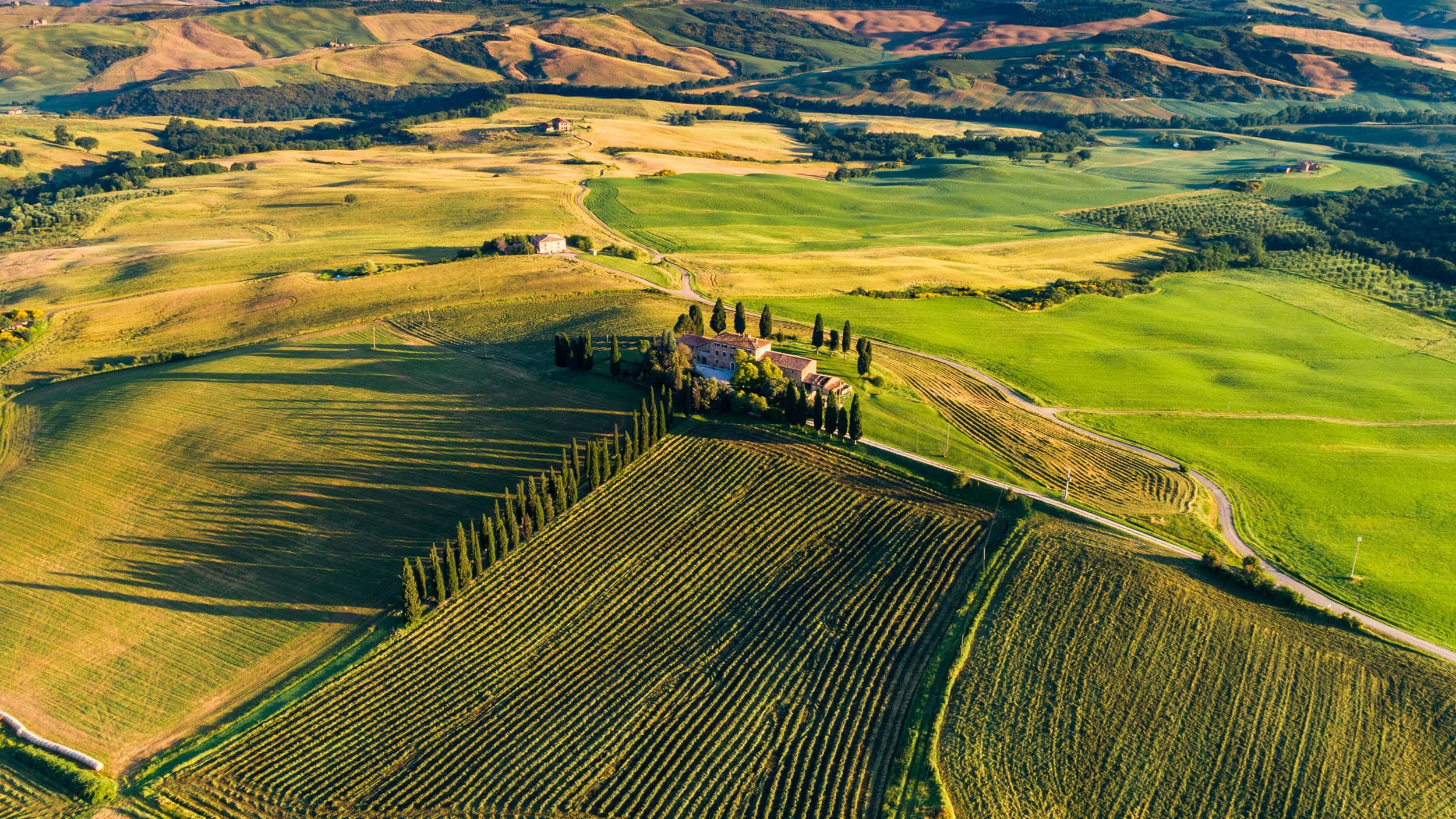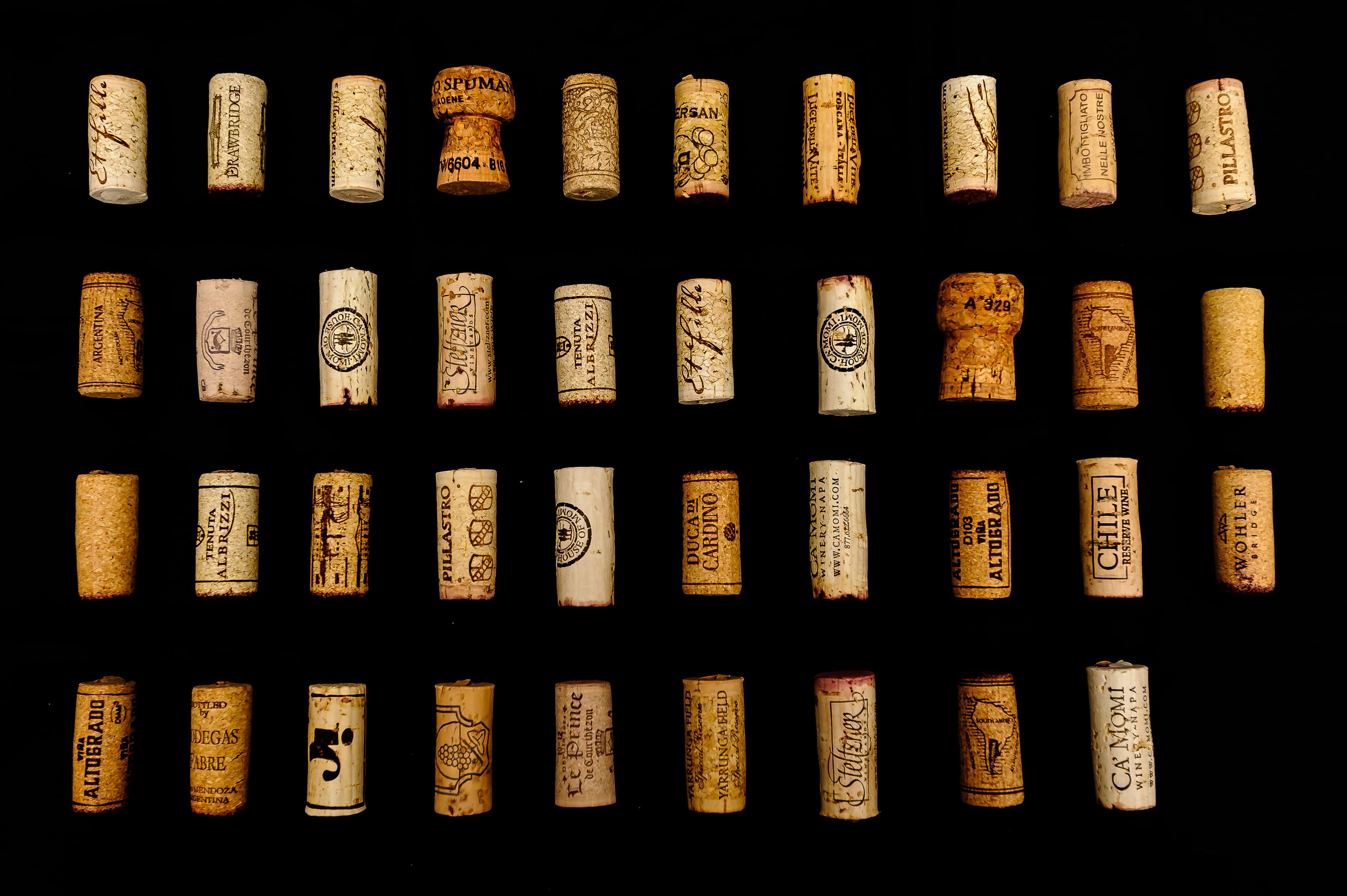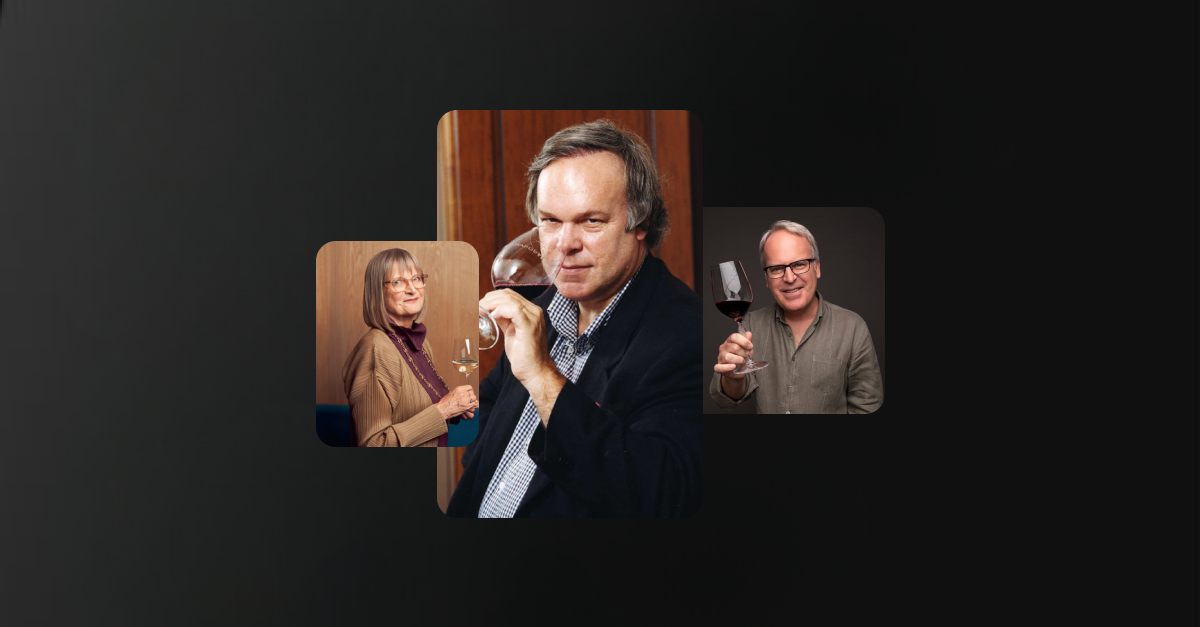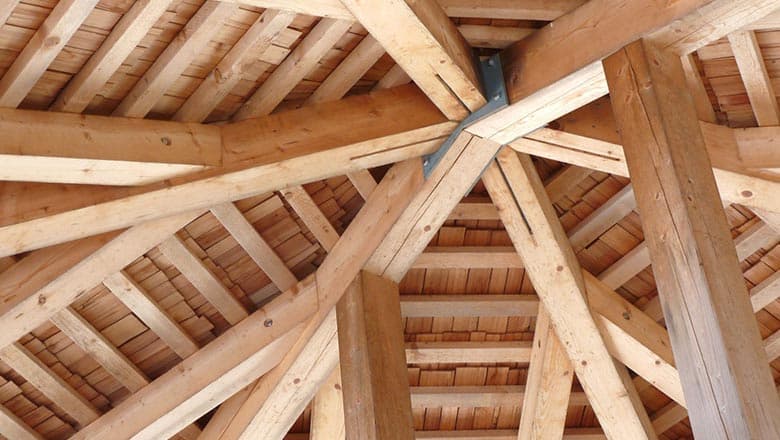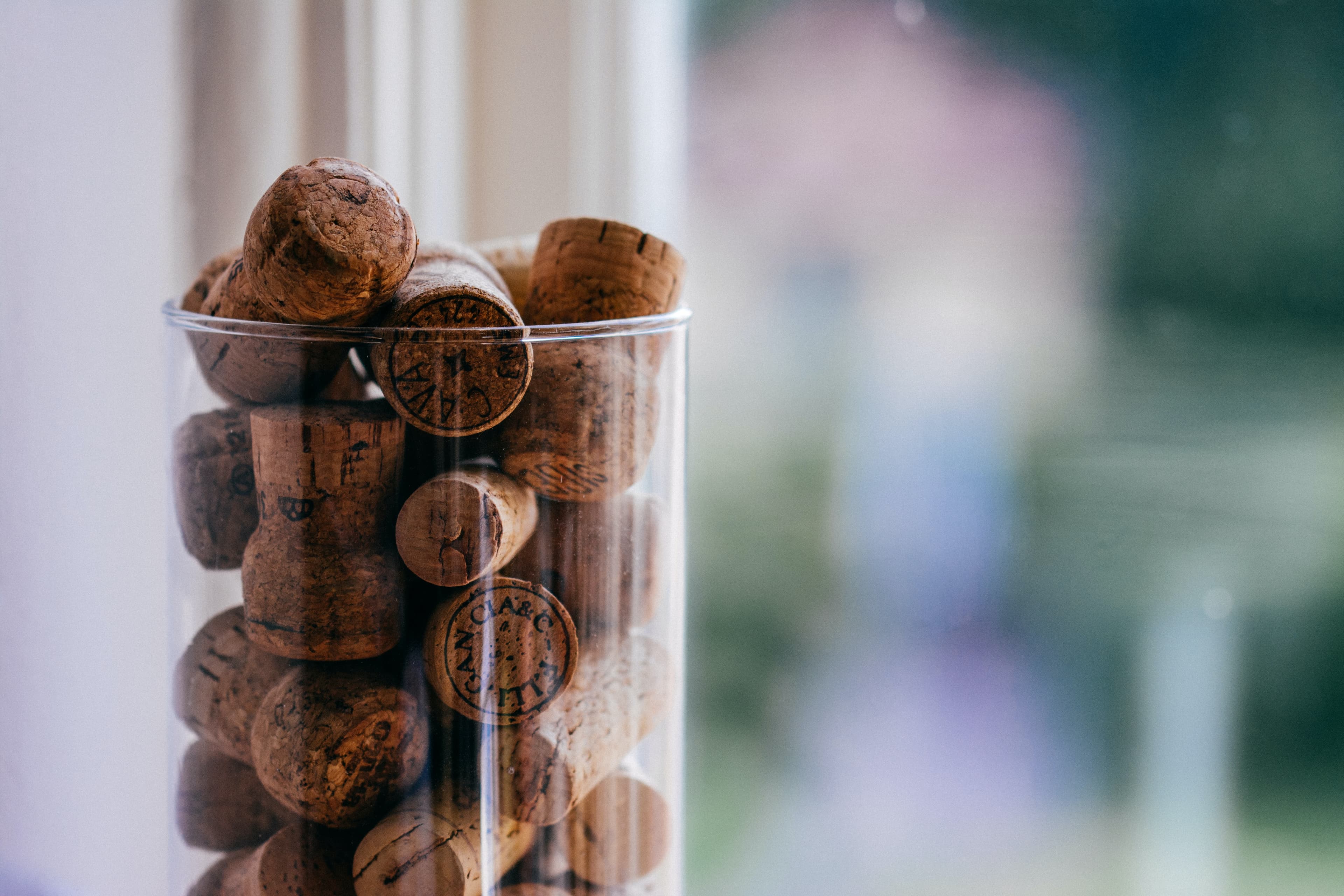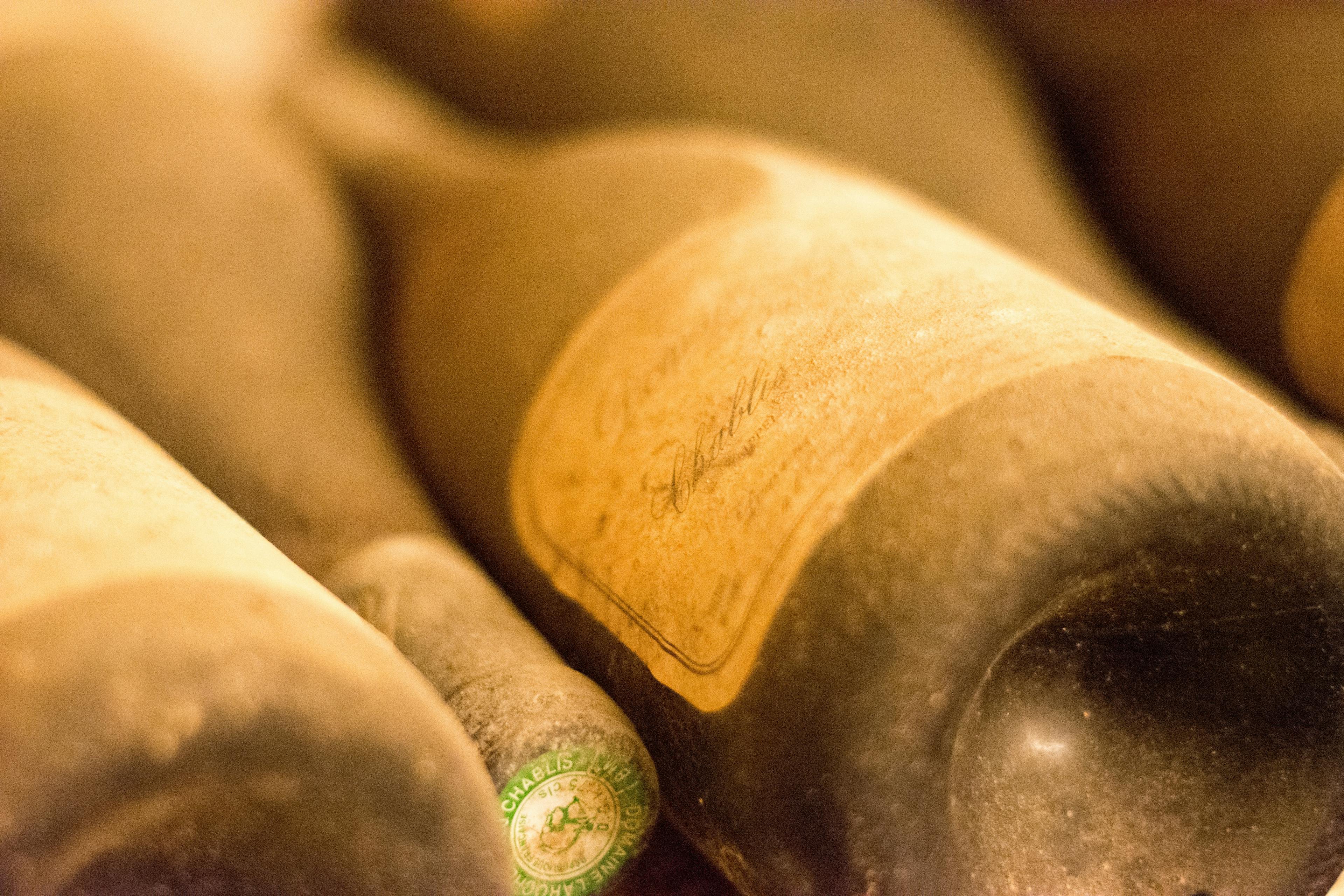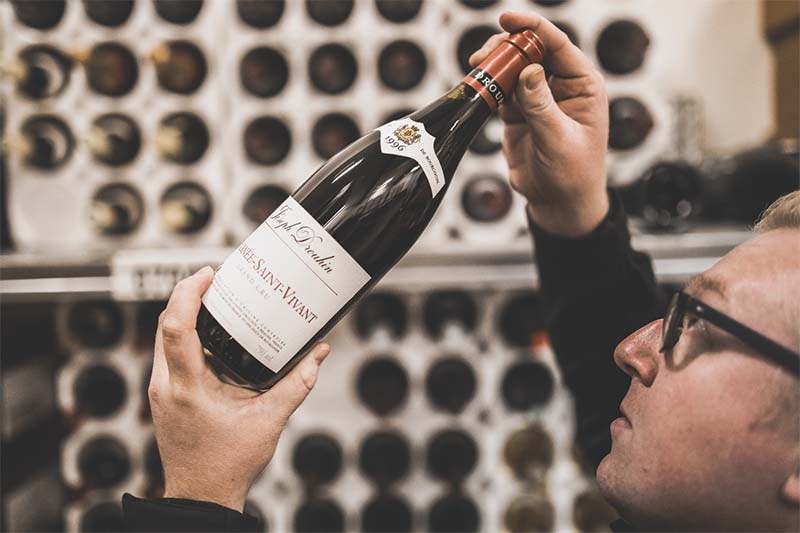
Exploring the history of esteemed wine estates offers a glimpse into a world of tradition and excellence. One such estate, Chateau Palmer, stands out with its rich heritage and significant impact on the wine industry. Located in the Bordeaux region of France, this illustrious estate has been synonymous with high-quality wine production for centuries. The story of Chateau Palmer is not just about wine; it's a fascinating journey through time, involving notable ownership, innovative viticulture practices, and a reputation that has reached global acclaim. Delve into the past of this iconic estate and discover how it has shaped the world of fine wines.
The Founding of Chateau Palmer: A Timeline
Chateau Palmer, a name synonymous with excellence in the world of wine, has a rich history that dates back to the early 19th century. The estate was established in 1814 when Charles Palmer, a major general in the British Army, acquired it. He saw the potential in the vineyard's terroir and invested significantly in expanding the estate over the next several decades.
1814: Charles Palmer purchases the estate, then known as Château de Gascq, and renames it after himself.
1831: After extensive investment in the vineyard, Palmer's wines gain recognition for their quality, beginning to rival some of the top Bordeaux wines.
1853: The estate changes hands when the Pereire brothers, prominent bankers and entrepreneurs, acquire it following General Palmer’s financial difficulties.
1938: The Sichel and Mähler-Besse families, along with the Ginestet family, purchase Chateau Palmer, marking the beginning of modernization in both viticulture and marketing strategies.
1961: Chateau Palmer adopts innovative wine-making techniques, which significantly improve the quality and consistency of their wines.
Today, Chateau Palmer is celebrated not only for its superb wines but also for its excellent food pairings, which enhance the tasting experience, showcasing the versatility and depth of their vintages.
Key Figures in the Development of Chateau Palmer
Chateau Palmer, a name synonymous with excellence in Bordeaux wine, owes much of its prestige to several key figures who have shaped its history and development. Initially established in the early 19th century, the estate was named after Charles Palmer, a British Major General who saw the potential in the vineyard and invested significantly in its expansion. His vision laid the foundational ethos of quality and innovation that continues to define the estate.
Following Palmer, the Pereire brothers, influential entrepreneurs and rivals of the Rothschilds, acquired the estate in 1853. Their financial acumen and passion for viticulture brought substantial improvements to the vineyard management and winemaking techniques, elevating the estate's reputation during a critical period in Bordeaux's wine history.
In the modern era, the management under Thomas Duroux has been pivotal. Since taking over in 2004, Duroux has embraced biodynamic farming practices, further distinguishing the characteristics of Chateau Palmer's wines. His approach has not only enhanced the quality but also reinforced the estate's commitment to sustainability and environmental responsibility.
Charles Palmer: Expanded and established the estate's early reputation.
The Pereire brothers: Introduced significant viticultural and technological advancements.
Thomas Duroux: Implemented biodynamic practices, enhancing both quality and sustainability.
Historical Challenges: Wars and Economic Crises
Chateau Palmer, like many historic vineyards, has faced numerous challenges over the centuries, particularly during times of war and economic crises. During the French Revolution, the estate was seized as a national asset, which disrupted its wine production and management. Later, the vineyard endured the devastation of the phylloxera epidemic in the late 19th century, a pest that destroyed many European vineyards and drastically affected grape production.
The World Wars brought further turmoil. During World War II, the chateau was occupied by German forces, leading to significant damage and loss of control over the wine production process. Post-war economic instability further strained the estate's recovery, impacting the wine market and export opportunities.
Despite these adversities, Chateau Palmer has continually adapted and innovated to maintain its reputation as a producer of fine wines. The estate's resilience is a testament to its management and strategic responses to these crises, including the adoption of new agricultural techniques and the rebuilding of markets. For more detailed facts about Chateau Palmer's storied past, exploring its history offers insights into the complexities of wine production through the ages.
The Evolution of Winemaking Techniques at Chateau Palmer
Chateau Palmer, renowned for its rich history and exceptional wines, has seen significant evolution in its winemaking techniques over the years. Initially, the winery utilized traditional methods that were typical of the Bordeaux region. These included manual harvesting, natural fermentation in oak barrels, and extended aging to enhance the wine's complexity and flavor profile.
As technology and understanding of viticulture advanced, Chateau Palmer began incorporating modern techniques to refine their processes and improve the quality of their wines. This included the adoption of temperature-controlled fermentation, which helps in preserving the delicate aromas and flavors of the grapes. Additionally, the winery started using optical sorting technology to ensure only the best grapes were used, significantly improving the consistency and taste of their wines.
Sustainability also became a key focus, with the introduction of organic practices to reduce the impact on the environment and enhance the natural characteristics of the wines. These changes reflect a blend of tradition and innovation, ensuring that each bottle of Chateau Palmer offers a unique and refined experience.
Restoration and Preservation Efforts Through the Years
Chateau Palmer, a beacon of viticultural heritage, has undergone significant restoration and preservation efforts to maintain its historical integrity and continue its legacy in wine production. These efforts ensure that the estate not only remains structurally sound but also retains the unique terroir that is essential for producing its distinctive wines.
Early Initiatives: In the late 20th century, the estate focused on renovating its vineyards, which involved replanting vines to optimize the varietal mix better suited to the local climate and soil. This was crucial in preserving the quality of the wines produced.
Building Restoration: The chateau itself has seen numerous renovations to preserve its 19th-century architectural elegance. Careful attention has been paid to the authentic restoration of its iconic façade and the refurbishment of its historic cellars where the wines age.
Sustainable Practices: In recent years, Chateau Palmer has implemented sustainable agricultural practices. This includes organic farming techniques that protect the ecosystem and ensure the health of the vineyard for future generations.
Educational Programs: The estate has also established educational programs aimed at sharing knowledge on viticulture and enology. These programs serve to inspire and educate future wine enthusiasts and professionals about the importance of preservation in winemaking.
Through these continuous efforts, Chateau Palmer not only preserves its past but also secures its future, ensuring that its heritage can be appreciated for generations to come.
Chateau Palmer's Role in the Bordeaux Wine Classification
Chateau Palmer, a renowned name in the world of fine wines, played a significant role in the prestigious Bordeaux Wine Classification of 1855. This classification was established to showcase the best wines of Bordeaux at the Exposition Universelle de Paris, a world's fair aimed at celebrating the achievements of the French Empire. Chateau Palmer, classified as a Third Growth estate, quickly distinguished itself with its exceptional quality.
Historical Context: The classification system was requested by Emperor Napoleon III, who wanted to present only the finest French wines. Chateau Palmer, located in the Margaux appellation, was recognized for its superior terroir and the meticulous care in its vineyard management.
Impact on Reputation: Being classified in 1855 significantly boosted Chateau Palmer's reputation globally. It placed the estate among the elite wine producers, enhancing its marketability and prestige in international circles.
Influence on Quality and Innovation: The classification encouraged Chateau Palmer to maintain high standards and continue innovating. This commitment to quality is evident in their wine production techniques, which combine traditional methods with modern technology.
For those interested in enjoying Chateau Palmer, understanding its historical significance adds an extra layer of appreciation for each bottle.
Archival Discoveries: Unearthing Chateau Palmer's Past
Recent explorations into the archives of Chateau Palmer have unveiled fascinating documents and artifacts that shed light on the estate's storied past. These discoveries provide a deeper understanding of the techniques and traditions that have shaped its reputation.
Early Vineyard Maps: Detailed maps from the 18th century reveal the layout of the vineyards, showing how certain parcels were prized for their optimal soil and microclimate conditions. This strategic parcel selection highlights the forethought given to viticulture, ensuring the best grape quality.
Winemaking Logs: Ancient winemaking logs have been found, containing notes on grape varieties, harvest conditions, and fermentation processes. These logs are crucial in understanding the evolution of wine production techniques at Chateau Palmer.
Correspondence Between Wine Merchants: Letters exchanged between the estate’s early owners and various European wine merchants illustrate the burgeoning reputation of Chateau Palmer’s wines. These documents also hint at the early marketing and distribution strategies employed to reach a wider audience.
Restoration Blueprints: Architectural blueprints for the chateau’s 19th-century restoration efforts show a commitment to preserving the estate’s heritage while incorporating modern advancements.
These archival treasures not only highlight the historical significance of Chateau Palmer but also underscore the craftsmanship that has been integral to its development. Each document and artifact provides a piece of the puzzle in understanding how Chateau Palmer has evolved into the esteemed winery it is today.
The Transition to Organic and Biodynamic Practices
Chateau Palmer, renowned for its rich history and exceptional wines, has embraced a significant shift towards sustainable viticulture. This transition to organic and biodynamic practices marks a pivotal chapter in the estate's storied legacy. Initially, the move was driven by a desire to enhance the ecological balance within their vineyards and to produce wines that are true expressions of their terroir.
Adoption of Organic Farming: The transition began with the adoption of organic farming techniques. This method excludes the use of synthetic pesticides and fertilizers, relying instead on natural products and composts to maintain soil health and vine vitality.
Biodynamic Practices: Furthering their commitment to sustainability, Chateau Palmer integrated biodynamic practices, which treat the vineyard as a self-sustaining ecosystem. This approach includes the use of biodynamic preparations and following the biodynamic calendar for planting, pruning, and harvesting.
Preservation of Biodiversity: The estate has also focused on preserving biodiversity. Cover crops are grown between the vine rows to prevent soil erosion, improve soil fertility, and support a habitat for beneficial insects.
Energy Efficiency: In addition to soil and plant health, energy efficiency improvements were implemented to minimize the estate’s carbon footprint.
These practices not only contribute to the environmental health of the vineyard but also enhance the quality of the wine produced. For those looking to store Chateau Palmer wines, understanding these practices can provide insight into the care and detail that goes into each bottle.
Partnerships and Collaborations Over the Decades
Chateau Palmer has been a beacon of innovation and collaboration in the wine industry, engaging in numerous partnerships that have shaped its reputation and quality. Throughout the decades, these collaborations have not only enhanced the chateau's operational capabilities but also enriched the complexity and appeal of its wines.
Early 20th Century: The estate partnered with local Bordeaux vineyards to exchange knowledge on viticulture and vinification techniques, which helped refine their methods and improve the quality of their grapes.
Mid-20th Century: Collaboration with international wine experts and oenologists introduced new aging processes, including the use of temperature-controlled fermentation, which significantly influenced the flavor profiles of their wines.
Late 20th Century: Chateau Palmer began working with renowned marketing and distribution companies to expand their reach globally. This partnership allowed them to tap into new markets and increase the visibility of their popular vintages.
21st Century: The focus shifted towards sustainability, with partnerships aimed at reducing the environmental impact of wine production. These efforts included implementing organic farming practices and participating in research on biodiversity.
These strategic collaborations have been pivotal in maintaining Chateau Palmer's status as a producer of world-class wines, continually adapting to the evolving landscape of the wine industry.
How Historical Events Shaped Chateau Palmer's Identity
Chateau Palmer, a prestigious estate in the Margaux appellation of Bordeaux, France, has a rich history influenced by several key historical events. These events not only shaped its development but also helped forge its identity as a producer of world-renowned wines.
The Napoleonic Era: The estate was established in the early 19th century, during a period marked by the Napoleonic wars. The turmoil and subsequent changes in land ownership across France laid the groundwork for the emergence of new estates, including what would become Chateau Palmer.
The Classification of 1855: Chateau Palmer was significantly impacted by the 1855 Bordeaux Wine Official Classification, an event requested by Emperor Napoleon III for the Paris Exposition. Although originally ranked as a Third Growth, the quality and reputation of its wines have often rivaled those of the First Growths, enhancing its prestige and shaping its market identity.
World Wars: The two World Wars of the 20th century brought numerous challenges, including economic hardships and labor shortages. However, the resilience shown during these times helped to build a strong, enduring brand, committed to quality wine production despite adversity.
Change in Ownership: The acquisition of the estate by the Sichel and Mähler-Besse families in 1938 marked a new era. This partnership introduced innovative practices and modernization of the vineyard and winemaking processes, further defining the character and quality of Chateau Palmer wines.
These historical milestones not only influenced the estate's operational strategies but also enhanced its reputation in the global wine market, making it synonymous with excellence and resilience.
Conclusion
In conclusion, the rich history of Chateau Palmer is a testament to the enduring allure and prestige of fine wines. From its origins in the early 19th century to its current status as a beacon of quality and innovation, Chateau Palmer exemplifies the deep-rooted traditions and meticulous care that go into producing world-class wines. As enthusiasts and collectors, understanding the heritage of such an esteemed estate adds layers of appreciation and value to each bottle.
At Rekolt, we recognize the importance of not only providing access to such prestigious wines but also ensuring their provenance and quality through professional storage solutions. By choosing to store your Chateau Palmer or any other fine wine in our specialized cellars, you are not just preserving a beverage; you are safeguarding a piece of history. This service allows you to easily trade and resell wines, ensuring that the legacy of the vineyard and its creators is maintained and that the wine itself remains in perfect condition for future generations to enjoy. Whether you are a seasoned collector or a new enthusiast, Rekolt offers the perfect blend of accessibility, security, and expertise to enhance your investment in fine wines.
Share this article
